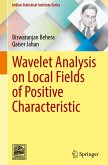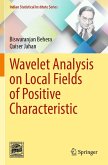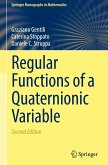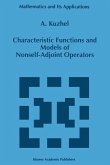This work contributes to the study of quaternionic linear operators. This study is a generalization of the complex case, but the noncommutative setting of quaternions shows several interesting new features, see e.g. the so-called S-spectrum and S-resolvent operators. In this work, we study de Branges spaces, namely the quaternionic counterparts of spaces of analytic functions (in a suitable sense) with some specific reproducing kernels, in the unit ball of quaternions or in the half space of quaternions with positive real parts. The spaces under consideration will be Hilbert or Pontryagin or Krein spaces. These spaces are closely related to operator models that are also discussed.
The focus of this book is the notion of characteristic operator function of a bounded linear operator A with finite real part, and we address several questions like the study of J-contractive functions, where J is self-adjoint and unitary, and we also treat the inverse problem, namely to characterize which J-contractive functions are characteristic operator functions of an operator. In particular, we prove the counterpart of Potapov's factorization theorem in this framework. Besides other topics, we consider canonical differential equations in the setting of slice hyperholomorphic functions and we define the lossless inverse scattering problem. We also consider the inverse scattering problem associated with canonical differential equations. These equations provide a convenient unifying framework to discuss a number of questions pertaining, for example, to inverse scattering, non-linear partial differential equations and are studied in the last section of this book.
The focus of this book is the notion of characteristic operator function of a bounded linear operator A with finite real part, and we address several questions like the study of J-contractive functions, where J is self-adjoint and unitary, and we also treat the inverse problem, namely to characterize which J-contractive functions are characteristic operator functions of an operator. In particular, we prove the counterpart of Potapov's factorization theorem in this framework. Besides other topics, we consider canonical differential equations in the setting of slice hyperholomorphic functions and we define the lossless inverse scattering problem. We also consider the inverse scattering problem associated with canonical differential equations. These equations provide a convenient unifying framework to discuss a number of questions pertaining, for example, to inverse scattering, non-linear partial differential equations and are studied in the last section of this book.








